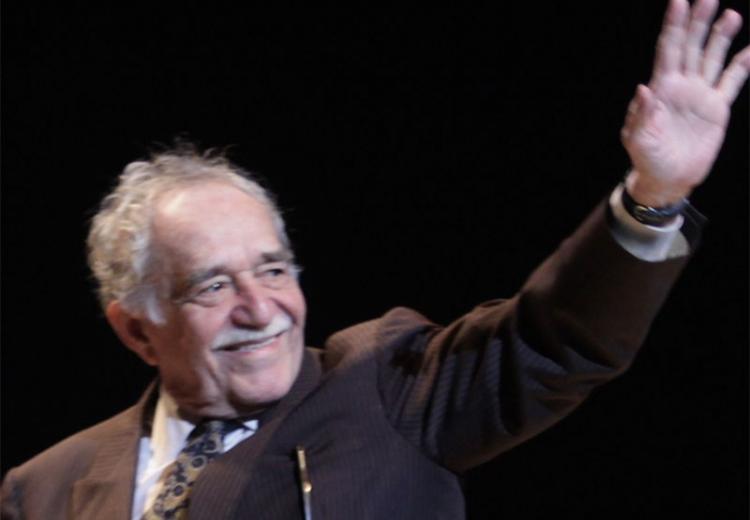Lesson 3: García Márquez’s Nobel Prize Speech: “The Solitude of Latin America”

Gabriel García Marquez.
Building on an understanding of the ways One Hundred Years of Solitude incorporates and critiques historical and contemporary events, this lesson studies Gabriel García Márquez's 1982 Nobel Prize acceptance speech. He was awarded the prize “for his novels and short stories, in which the fantastic and the realistic are combined in a richly composed world of imagination, reflecting a continent's life and conflicts.” In his remarks, Márquez wanted to make the audience understand that the reality of Latin America was not the same reality experienced by Europeans, whose histories were centuries longer. He commented on the necessity of Latin America to seek its own identity apart from Europe and to be recognized for its own brand of social justice, as well as a unique type of literature. In this lesson, students read and analyze García Márquez’s speech to understand the historical and cultural context he drew upon when integrating “magical realism” into his novels. This eloquent speech is also an excellent model for nonfiction writing.
This lesson is the third and final part of a unit on One Hundred Years of Solitude.
Guiding Questions
Why does Márquez use the speech to discuss the realities of Latin America?
What rhetorical and literary devices does Márquez employ within his speech?
Learning Objectives
Analyze and respond to the ideas that García Márquez presented in his Nobel Prize Lecture, “The Solitude of Latin America.”
Examine primary sources to construct the historical context for the issues Márquez discusses in his speech.
